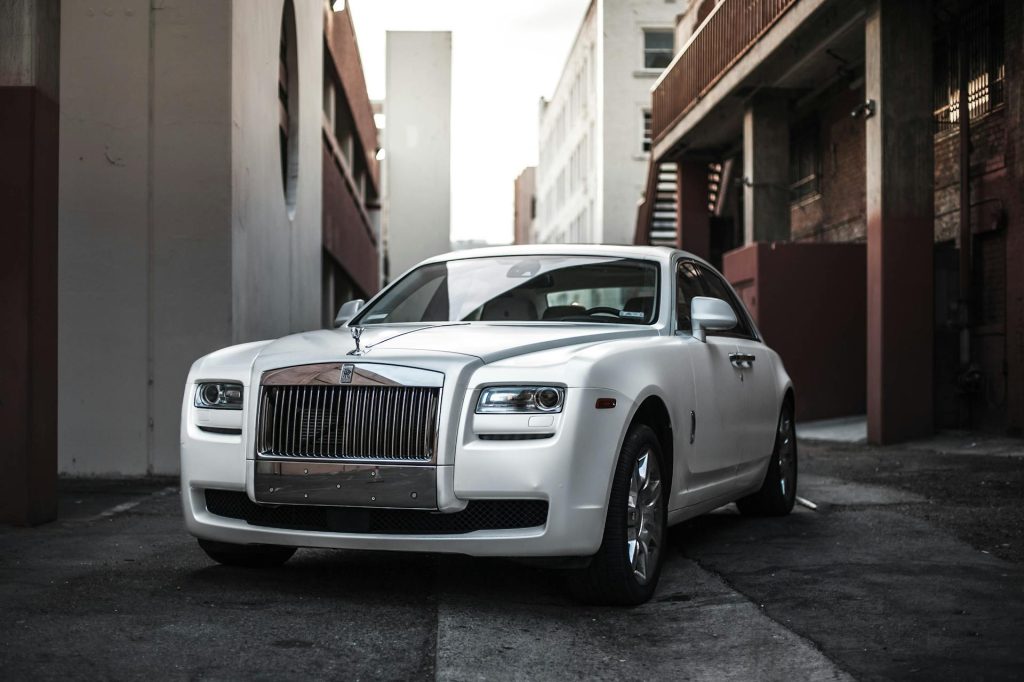Buying a luxury car is a major decision that goes beyond basic transportation, it’s about indulging in performance, comfort, and prestige. The process can feel overwhelming due to the high costs, endless options, and technical features that come with high-end models. With the right approach, you can navigate this journey with clarity and confidence. From setting a realistic budget to selecting the ideal dealership and negotiating smartly, understanding each step is key. This guide will help you make a well-informed, confident purchase that suits your lifestyle and reflects your taste.

Define Your Budget and Understand Total Cost
Before walking into any dealership or browsing through glossy brochures, you must first determine your budget for long-term ownership. Luxury vehicles often come with premium maintenance costs, higher insurance rates, and potentially expensive parts or services. You’ll also want to account for depreciation, as some luxury brands hold their value better than others. Leasing may be an option if you prefer driving newer models without committing to full ownership, though it comes with mileage restrictions and potential fees. Whether you choose financing, leasing, or paying in cash, aligning your financial plan with your expectations will help you remain grounded throughout the buying journey and avoid surprises later.
Choose the Right Dealership or Seller
Selecting the right dealership or seller plays a critical role in your luxury car buying experience. While brand-name showrooms often offer better service and transparency, it’s essential to evaluate their reputation and customer feedback. For example, a rolls royce dealership in the middle of a major city may provide a more refined and knowledgeable staff, along with access to exclusive options and maintenance services. Private sellers or smaller dealers might offer more flexibility on pricing. Regardless of where you shop, always verify credentials, inspect the vehicle history, and ensure any promised warranties or services are documented before committing.
Research Brands and Models to Match Your Lifestyle
Not all luxury cars are created equal. Some prioritize performance and handling, such as Porsche or Maserati, while others emphasize refinement and cutting-edge technology, like Mercedes-Benz or Lexus. Your choice should reflect your personal preferences, daily driving needs, and how you want to be perceived. Do you need a reliable commuter with an opulent interior or a sports car that turns heads on the weekend? Explore multiple brands, read reviews from trusted automotive sources, and even join online forums or communities where real owners discuss their experiences. This research will give you a clearer picture of what features and qualities are most important to you, whether it’s a panoramic sunroof, semi-autonomous driving, or handcrafted leather interiors.
Inspect and Test Drive with a Critical Eye
The test drive is your opportunity to assess whether the car meets your expectations in terms of comfort and features in driving dynamics, and practicality. When test-driving a luxury vehicle, pay close attention to how it handles, accelerates, and rides over different surfaces. Evaluate the technology, infotainment system, seat adjustability, and noise insulation. Be meticulous. Open the trunk, inspect the engine bay, check the backseat space, and try out all the features you expect to use. If buying used, request a third-party inspection from a trusted mechanic who specializes in luxury models. Even minor issues can be costly to repair, so it’s worth investing in expert scrutiny before finalizing the purchase.
Negotiate With Confidence and Clarity
Luxury car purchases often leave room for negotiation, especially when it comes to pricing, warranty packages, maintenance plans, or add-ons like upgraded rims or sound systems. Salespeople may try to upsell features you don’t need or bundle in expensive extras. Do your homework ahead of time and go into negotiations knowing the market value of the model you’re considering. Use websites like Kelley Blue Book or Edmunds to compare prices and find any ongoing manufacturer incentives. If leasing, understand the terms such as residual value, money factor, and mileage limits. You’re buying an experience. It’s perfectly reasonable to ask for perks like complimentary services or extended warranties.
Finalize Paperwork and Plan for Ownership
Once you’ve agreed on terms, it’s time to carefully review and sign the paperwork. Make sure every detail aligns with what was discussed, from the purchase price to financing terms, trade-in value, and any included services. Scrutinize the fine print on warranties, return policies, and maintenance contracts. After the transaction is complete, familiarize yourself with the car’s features, schedule your first service appointment, and register your vehicle accordingly. You may also want to invest in luxury car insurance, which offers specialized coverage options and protection that standard plans might not include. Taking time to organize and prepare for ownership ensures you enjoy a seamless transition into your new life as a luxury car owner.

Buying a luxury car doesn’t have to be intimidating or overwhelming. By planning your budget, researching thoroughly, choosing the right dealership, and approaching each step with care and attention, you can make a purchase that brings satisfaction, pride, and years of enjoyment. With the right knowledge and mindset, you’ll find a vehicle that fits your tastes and walk away from the experience feeling empowered and confident.

Founder Dinis Guarda
IntelligentHQ Your New Business Network.
IntelligentHQ is a Business network and an expert source for finance, capital markets and intelligence for thousands of global business professionals, startups, and companies.
We exist at the point of intersection between technology, social media, finance and innovation.
IntelligentHQ leverages innovation and scale of social digital technology, analytics, news, and distribution to create an unparalleled, full digital medium and social business networks spectrum.
IntelligentHQ is working hard, to become a trusted, and indispensable source of business news and analytics, within financial services and its associated supply chains and ecosystems











